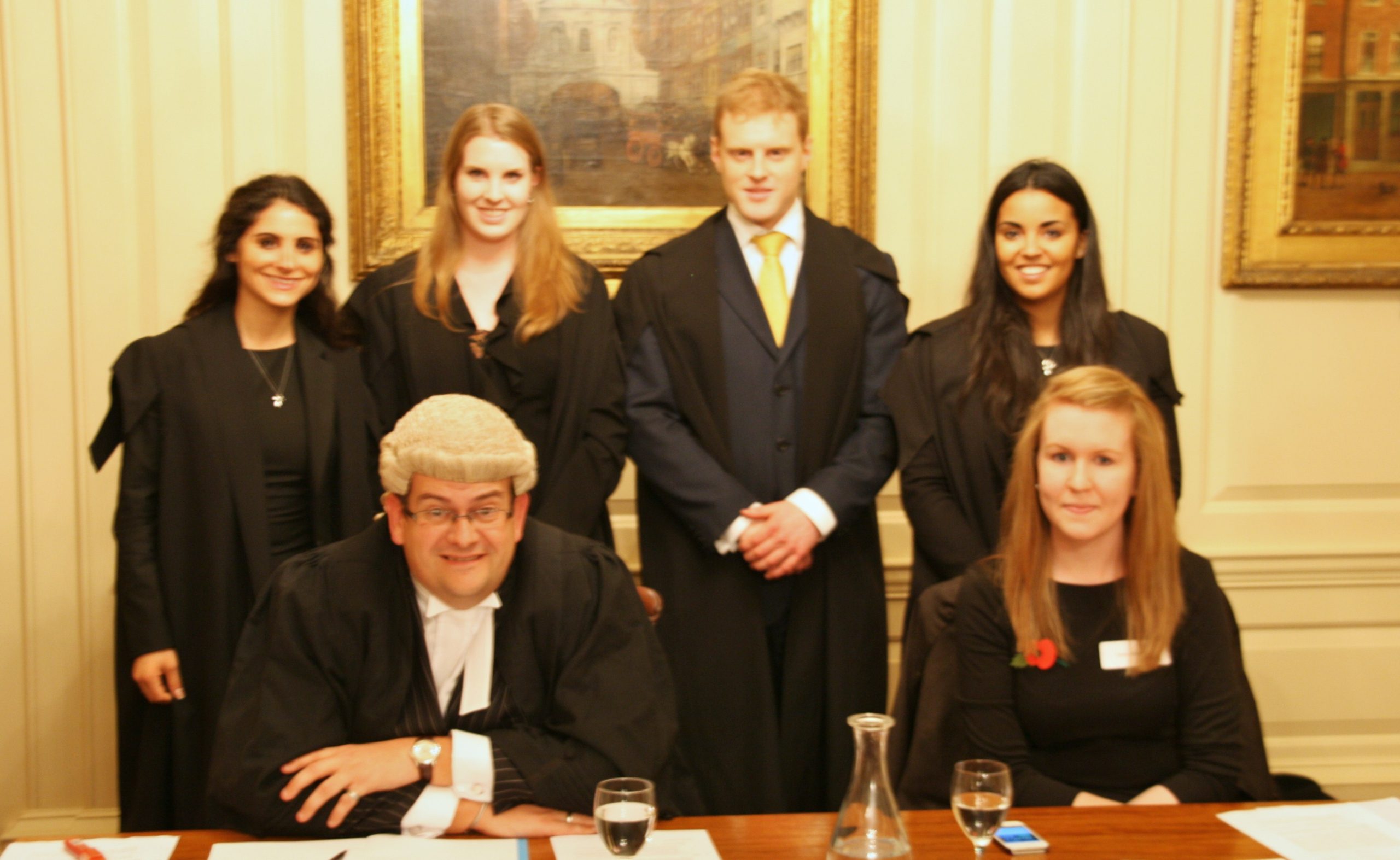
Mooting: A Beginner’s Guide
November 28, 2012
Property Law and Practice 2 – Exchange to Completion
December 4, 2012This time of year probably sees many of you experiencing your first BPTC mock exams – particularly Conference, which is one of the earliest exams for most providers. We thought this would be worth a quick discussion, as mock results caused a lot of grumbles in our respective cohorts.
This, unfortunately, was not what our tutors had in mind.
Best of luck for the mocks – but remember, they’re just a learning tool.
[/one_third_last]
For the tutors, the practical exams were just one of the series of opportunities we had to practise our fledgling skills. Just like another advocacy session, but under exam conditions and a bit more pressured. Never in a million years did they expect us to come up with exam grade performances… despite our best efforts. For Helen, the Civil Advocacy exam was maybe her fourth full application, with several more to take place before the final exam. In Criminal Advocacy, it was only our second or third full examination-in-chief and cross examination, and indeed was the first one we had done away from the rest of our classes with no discussion or joint preparation.
In retrospect, we should not have been surprised that in the practicals the top students barely scraped Very Competents and the majority got Competents. There were a number of failures as well, usually due to falling for a well-laid trap that would cause a ‘red light’ fail (hopefully your tutors have explained what these are to you!).
What would have helped, though, was to have understood that this was normal, rather than taking the psychological hit of thinking we were under-performing. We therefore hope that by reiterating this to you all, you will begin to believe it. BPTC mock exams really are just a practice run, and a chance to learn what your silly (and easily correctible) mistakes are. We have a sneaking suspicion that a lot of tutors probably undermark people to encourage them to practice and revise more, although this was never admitted to us!
Make sure you make the most of your feedback sessions too. For example at Emily’s provider, immediately after each advocacy exam, each student would have about 15–20 minutes of feedback with the tutor who assessed them. This was absolutely invaluable, and is much more in-depth than anything you get during advocacy lessons. No Hempel Method is involved here either, so it is all laid bare for you! It is a really a great opportunity to talk through your strengths and weaknesses and to work on your approach going forward.
Ultimately, if there is one thing we would like you to take away from this piece, it is this: please do not get disheartened if you fail or score poorly in these mock exams. Particularly with respect to the advocacy exams, they are a completely new experience for most students. We both know plenty of people who failed a mock exam and absolutely pulled it out of the bag for the real thing. You are not doomed, just see it as a way to really focus on your weaker points in time for the real exam. If anything, doing poorly might ultimately be a good thing, because it does cause you to try harder before the final exam, and means you can focus attention on the weaknesses that have been highlighted to you.
Just remember: fail to prepare and prepare to fail. So get practising!
Wishing you all the best of luck!





